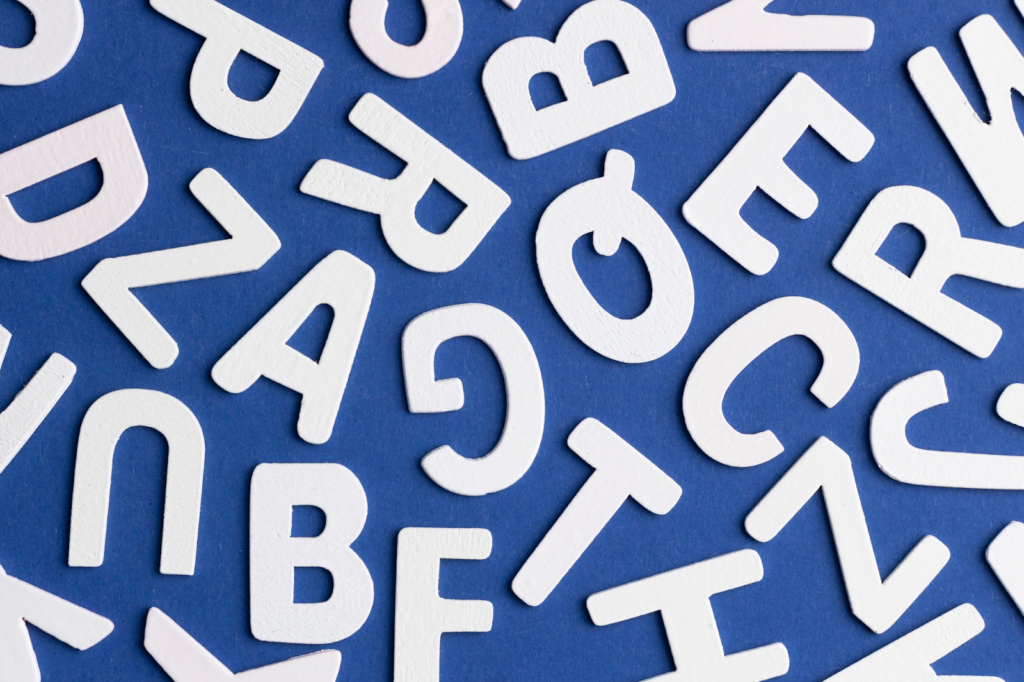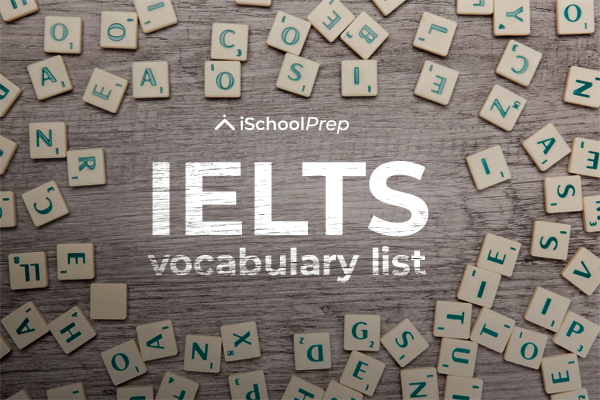Table of Contents
Is preparing for your upcoming IELTS exam getting on your nerves? Trying to mug up new words so that you may sprawl them all on your answer sheet on exam day? One thing is for sure – which is the fact that no matter how long you spend mugging up new words to build your vocabulary, your efforts will be futile. The reason behind this is that when you mug up new words and use them in sentences, they will fail to sound like those words come to you naturally.
The best way to build IELTS vocabulary is to familiarize yourself with new words and understand their meanings perfectly. We understand that the pressure of meeting all IELTS exam requirements may sometimes feel too much! We are here to ensure that it isn’t the case for you.
Your first step was to start reading this blog! The second one will be to understand why it is essential for you to work on your vocabulary. The last step will be working on making your vocabulary stronger. Let’s kick start!
Why is having a solid vocabulary for IELTS essential?
See below to understand the reasons for having a solid vocabulary for IELTS –
- Good vocabulary makes your writing engaging
Having a strong vocabulary for IELTS will equip you with descriptive words. You can use these descriptive words to breathe life into your writing. It does not matter if it is IELTS writing vocabulary or IELTS speaking vocabulary – you will need the assistance of profound words during both these tests. When working on it diligently, your mind automatically throws up words during situations. They become a spontaneous move for you.
- Vocabulary helps you structure better sentences
IELTS writing vocabulary supports you in structuring better sentences. Let’s just put it this way – when you know what you are thinking and have the words to express your thoughts, you will avoid using fluffy language. Long, humdrum sentences do not create a great impression regarding your English language skills and composition. Therefore, equip yourself with the right words to communicate seamlessly.
- It gives way to better ideas
When you have a good vocabulary, it opens up your doors to better ideas. Each word plays a significant role in providing you with a new idea. Newer ideas help generate better statements in your mind.
If your mind is filled with at least ten better statements, the potential of a new idea cropping up is high. IELTS writing vocabulary significantly boosts the quality of your writing by supporting you in presenting innovative and meaningful statements.
- Enhances your overall communications skills
You may have understood that good communication skills are of utmost importance. Not just in terms of getting good marks in your IELTS exam but in a general scenario as well. You must have good communication skills for your work or personal life.
Good vocabulary fills your life with colors, empowering you to express yourself effectively. Your words should make a difference in the listener’s mind, and decent IELTS vocabulary knowledge helps with that.
- Good IELTS vocabulary will boost your confidence
Undoubtedly, preparation is key to doing well in your IELTS exam. However, at the same time, you must also have enough belief in yourself. The belief stems from self-confidence. How will you be self-confident when you lack the key to it? You will discover the key when you equip yourself with impeccable grammar and vocabulary skills. Do not overlook these reasons, as they make a difference in your life.

Check out the top IELTS vocabulary list
There are some words you can just add to your IELTS vocabulary because you know they will be used. Given below are the top words you should be adding to your IELTS vocabulary list –
- Quarrel- To disagree with someone or face a dispute with someone.
- Romp- An easy win.
- Venture- To start an initiative.
- Awful- Something that is unpleasant or bad in nature.
- Amazing- Another word for outstanding is incredible.
- Curler- A tool that is used to roll something.
- Grasping- Absorbing or taking something in.
- Conscientious- Humility or virtue.
- Loathe- Another word for hate or dislike.
- Maneuver- Another word for manipulating.
- Massacre- An unfortunate situation, involving destruction.
- Reminiscence- To remember a memory fondly.
- Obligatory- Something you need to do out of compulsion.
- Impolite- Someone who lacks manners or is rude.
- Hearsay- A statement that is not backed by facts.
- Homicide- A situation where a murder has occurred.
- Passable- Something that is above average and satisfactory.
- Meager- Too little in quantity.
- Scrumptious- Something that is delicious.
- Illustration- A demonstration of a subject.
- Worn out- To be tired or to be old.
- Opponent- Your competitor or enemy.
- Unusual- Something that is not common.
- Contrary- The opposite of the given statement.
- Aid- To help or support.
- Perturb- To feel upset or disturbed by something.
- Autonomous- To be independent.
- Excess- Something that is extra or surplus.
- Decontrol- To leave regulatory control.
- Deliberate- Something that was planned or deliberately done.
- Omnipotent- Something that involves everyone, everywhere.
Key takeaways
- The best way to build IELTS vocabulary is to familiarize yourself with new words and understand their meanings perfectly.
- Having a solid vocabulary for IELTS will equip you with descriptive words. You can use these descriptive words to breathe life into your writing.
- IELTS writing vocabulary supports you in structuring better sentences.
- Good vocabulary fills your life with colors, empowering you to express yourself effectively.
FAQs
- What is the best way to improve my vocabulary for IELTS?
Familiarize yourself with the rules and regulations of grammar and composition instead of memorizing words.
- What is the meaning of the word hearsay?
Hearsay refers to a statement that is not backed by facts.
- How will a good vocabulary boost my confidence?
You will discover the key to self-confidence when you equip yourself with impeccable grammar and vocabulary skills.






